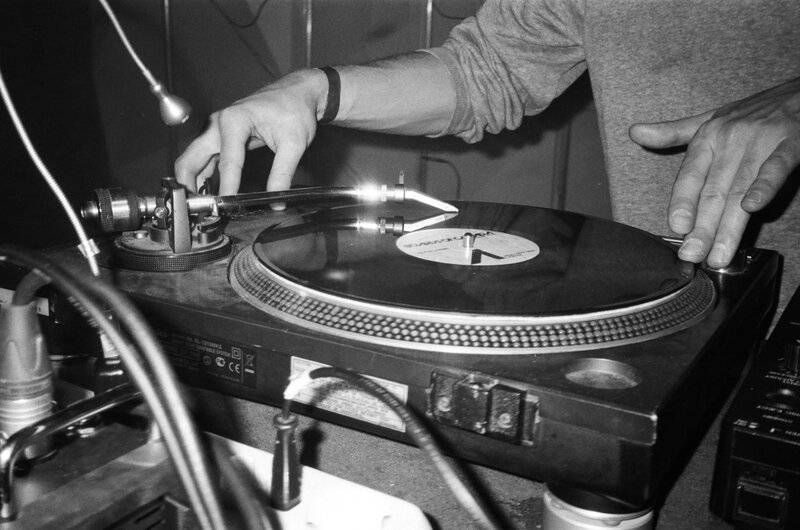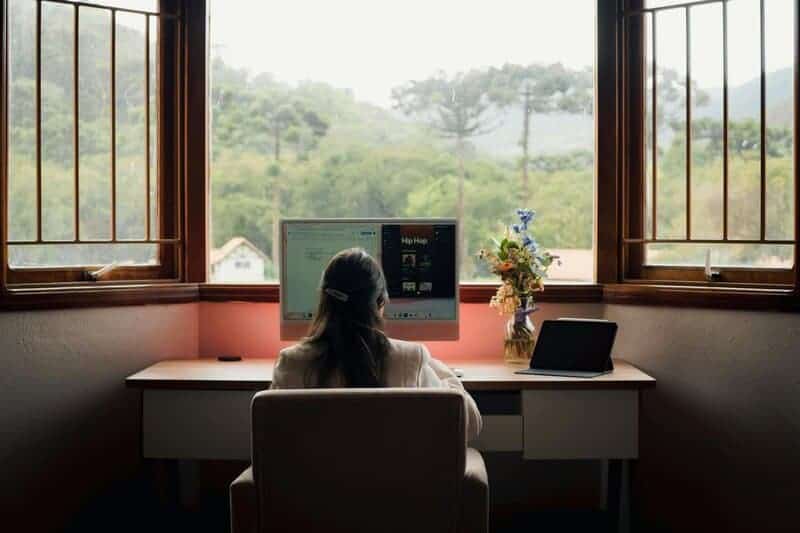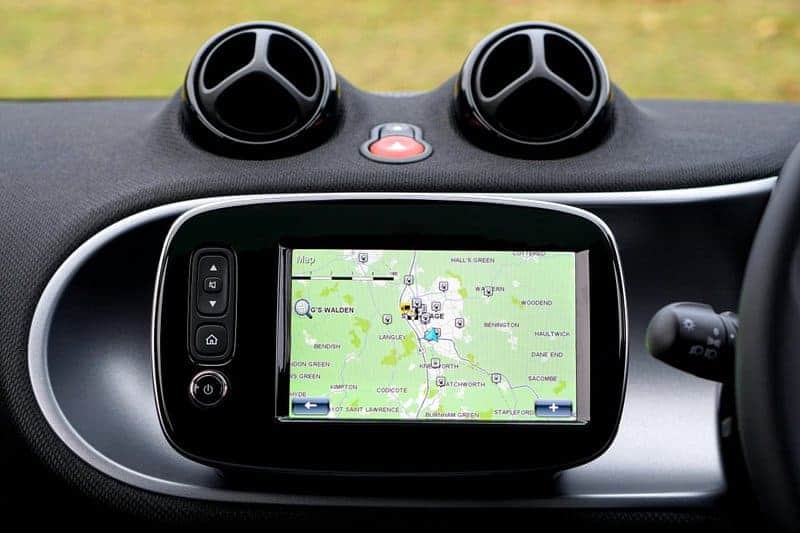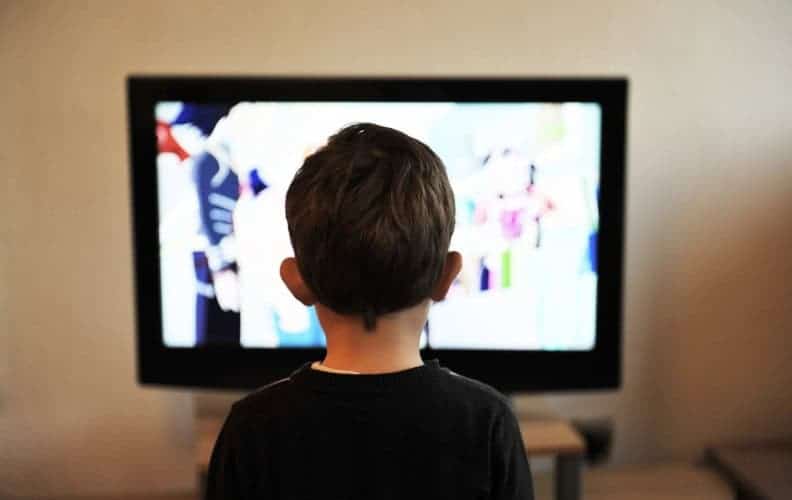Boomers love to talk about the “good old days,” often with a nostalgic glow that makes the past sound like paradise. From cheaper houses to simpler childhoods, their stories paint a picture of a world that was easier, safer, and somehow better. But when you take a closer look, many of those classic sayings don’t quite hold up in today’s reality. Whether it’s about how kids used to play outside all day or how one income could buy a house, these sayings clash with the world younger generations live in now. Times have changed, and while there’s value in looking back, it’s just as important to question which memories are real—and which ones are a little out of touch. Here are 28 boomer sayings that may have made sense once, but feel pretty outdated today.
‘Kids Played Outside All Day’

Boomers often recall a time when children spent entire days playing unsupervised outdoors. While this memory evokes images of freedom and adventure, today’s landscape has evolved. Safety concerns, such as increased traffic and crime rates, have made parents more cautious. Additionally, the advent of technology has transformed playtime activities. With digital entertainment and interactive gaming, children find amusement indoors, often preferring screens to swings. This shift doesn’t necessarily mean children are missing out; instead, they are experiencing a different type of play that aligns with modern advancements and parental priorities.
‘We Didn’t Have All These Gadgets’

Boomers often reminisce about life without the plethora of gadgets we have today, suggesting a simpler, less cluttered existence. However, technological advancements have dramatically enhanced daily life and productivity. Devices like smartphones and tablets offer instant access to information and streamline communication, revolutionizing how we work and connect. Gadgets have become indispensable tools, facilitating everything from remote work to virtual learning. While boomers may cherish memories of simpler times, the reality is that modern gadgets empower us to manage tasks more efficiently, enriching our lives in ways previously unimaginable.
‘Music Was Better Then’

Boomers often argue that the music of their youth was superior, reflecting a period rich with iconic bands and soulful lyrics. However, music styles have evolved, embracing diverse genres and innovative sounds that resonate with today’s audiences. The way we consume music has also transformed, thanks to streaming platforms like Spotify and Apple Music. These services offer vast libraries, granting access to global artists at the click of a button. While the nostalgia for vinyl and live concerts endures, modern music consumption allows for personalized experiences that cater to varied tastes and preferences.
‘We Respected Our Elders’

The notion of respect for elders is a common refrain among boomers, often linked to a time when authority was seldom questioned. However, cultural norms regarding respect and authority have shifted significantly. Today’s society values open dialogue and critical thinking, encouraging younger generations to question and engage rather than accept ideas blindly. This change reflects a broader movement towards equality and mutual respect, where age is not the sole determinant of wisdom. While the essence of respect remains, its expression now emphasizes understanding and empathy across generational lines.
‘You Could Buy a House on a Single Income’

Boomers frequently reminisce about a time when owning a home on a single income was attainable. However, economic landscapes have transformed, and the current housing market presents significant challenges for younger generations. Rising property prices, stagnant wages, and increased living costs contribute to financial strain, making homeownership a daunting prospect. Today, dual-income households are often necessary to afford mortgages, reflecting the economic realities of modern times. While past generations may have experienced a more accessible market, younger individuals must navigate complex financial environments to achieve similar milestones.
‘We Had Real Conversations’

Boomers often claim that face-to-face interactions of the past were more authentic compared to today’s digital exchanges. However, communication has evolved, integrating social media and instant messaging into our daily lives. Platforms like WhatsApp, Facebook, and Instagram enable people to stay connected across distances, fostering relationships that may otherwise be impossible. While the medium has changed, the essence of communication remains—sharing ideas and emotions. Digital conversations offer immediacy and convenience, allowing a continuous flow of interaction, though some may argue they lack the depth of traditional encounters.
‘Jobs Were Secure’

Boomers often reflect on a time when job security was the norm, with many spending decades at a single company. However, today’s job market has shifted dramatically with the rise of the gig economy and flexible work arrangements. Traditional career paths have given way to freelancing, contract work, and short-term projects, offering flexibility but often lacking long-term stability and benefits. While this new landscape provides opportunities for innovation and personal growth, it also presents challenges in terms of job security and financial planning, redefining what it means to have a “secure” career.
‘We Didn’t Need Therapy’

Boomers sometimes suggest that therapy was unnecessary in their time, reflecting a past stigma surrounding mental health. Today, there is a growing acceptance and understanding of the importance of mental well-being. Mental health awareness has become a significant societal focus, encouraging individuals to seek help and support without shame. Therapy and counseling are now recognized as vital tools for navigating life’s challenges, promoting emotional resilience and personal growth. This shift reflects a broader cultural change, where addressing mental health is seen as integral to overall health and quality of life.
‘Children Were Seen and Not Heard’

The phrase “children were seen and not heard” reflects a time when children were expected to be passive participants in family life. Today, parenting styles have evolved to become more inclusive and nurturing. Modern approaches emphasize the importance of children’s rights and encourage open communication, allowing young voices to be heard and valued. This shift supports the development of confidence and critical thinking, fostering environments where children can express themselves freely. The change highlights a broader recognition of children as active contributors to their own lives and the world around them.
‘We Dressed Properly’

Boomers often recall an era when dressing up was a sign of respect and social norms dictated formal attire for various occasions. However, fashion trends have significantly shifted, embracing more casual dress codes. The rise of tech industries and changing workplace cultures have popularized relaxed styles, prioritizing comfort and personal expression over formality. This evolution reflects broader societal changes, where individuality is celebrated, and dress codes are increasingly flexible. While some may reminisce about the polished looks of the past, today’s fashion encourages creativity and adaptability.
‘We Didn’t Have All These Lawsuits’

Boomers often reminisce about a time when legal disputes were less frequent, suggesting a simpler legal landscape. However, the modern world has seen a significant rise in litigation, reflecting changes in societal values and legal systems. Increased awareness of rights and protections has empowered individuals to seek legal recourse. This evolution highlights a shift towards accountability and justice, where people are more likely to assert their rights. While the prevalence of lawsuits may seem overwhelming, it underscores the importance of legal access and the protection of individual rights in today’s complex society.
‘We Weren’t Glued to Screens’

Boomers often recall a childhood spent without the constant presence of screens, contrasting sharply with today’s digital era. Screens have become ubiquitous in modern life, playing central roles in work, education, and leisure. While this connectivity offers numerous benefits, such as instant access to information and global communication, it also raises concerns about screen time and its impact on health and social skills. The challenge lies in finding a balance, ensuring that digital engagement enhances rather than detracts from our lives. As technology continues to evolve, so too must our approach to its integration.
‘We Used Maps, Not GPS’

Boomers often reminisce about the days of unfolding paper maps to navigate unfamiliar roads. While traditional maps required planning and spatial skills, modern GPS technology offers unmatched convenience and accuracy. Devices and apps like Google Maps provide real-time updates, turn-by-turn directions, and traffic alerts, making travel more efficient and stress-free. Although some may argue that reliance on GPS diminishes our natural sense of direction, the benefits of these tools in terms of time-saving and ease cannot be overstated. They have revolutionized how we explore and connect with the world.
‘Kids Had Real Toys’

Boomers fondly remember a childhood filled with tangible toys like dolls, building blocks, and action figures. These traditional playthings have increasingly given way to digital entertainment, such as video games and virtual reality experiences. While physical toys encourage hands-on creativity and imagination, digital platforms offer interactive and immersive experiences that captivate today’s youth. This shift reflects broader technological advancements and changing preferences. Despite concerns about screen time, digital play provides new avenues for learning and engagement, illustrating the evolving landscape of childhood entertainment in the modern age.
‘People Wrote Letters’

Boomers often reminisce about the personal touch of handwritten letters, a form of communication now largely replaced by digital alternatives. The decline of traditional correspondence can be attributed to the efficiency and immediacy of emails, texts, and social media. While the art of letter writing offered a unique, tangible connection, modern methods provide instant communication across the globe, fostering relationships without the wait. Despite the loss of this once-cherished practice, digital communication ensures that connections remain strong and flexible, adapting to the pace of contemporary life while maintaining the essence of human interaction.
‘We Had Better Manners’

Boomers often claim that manners were more refined in their day, reflecting stricter adherence to traditional social etiquette. Over time, cultural expectations have evolved, leading to a more informal and relaxed approach to interactions. Today’s society values authenticity and inclusivity, which sometimes translates to less rigid social norms. While some may view this as a decline in manners, it can also be seen as an adaptation to a more diverse and dynamic world. This shift emphasizes respect and understanding over formality, allowing for meaningful connections across various cultural and social contexts.
‘We Didn’t Eat Fast Food’

Boomers often recall a time when home-cooked meals were the norm, with fast food being a rare treat. The rise of fast food chains has transformed dining habits, offering convenience and affordability to busy lifestyles. This shift has impacted traditional dining, where family meals once served as a daily ritual. Fast food’s popularity reflects changing societal dynamics, including more demanding work schedules and the need for quick meal solutions. While it has revolutionized how we eat, it has also sparked discussions about nutrition and health, prompting a resurgence of interest in balanced, homemade meals.
‘We Knew Our Neighbors’

Boomers often reminisce about close-knit communities where knowing your neighbors was commonplace. Today, community dynamics have evolved, influenced by urbanization and diverse lifestyles that may limit face-to-face interactions. While traditional neighborly bonds have shifted, digital platforms now facilitate community building in new ways, allowing connections beyond geographical boundaries. Social media groups and neighborhood apps foster virtual interactions, providing support and engagement. Although the form of connection has changed, the essence of community remains, adapting to contemporary life while maintaining a sense of belonging and mutual assistance.
‘We Had to Work Hard for What We Got’

Boomers often emphasize a strong work ethic, recalling a time when hard work was essential for success. While this sentiment remains relevant, perceptions of work have evolved across generations. Younger generations prioritize work-life balance and value efficiency and innovation over sheer hours spent. The rise of technology and flexible work arrangements has redefined productivity, challenging traditional notions of hard work. While the methods may differ, the dedication to achieving goals persists, reflecting an adaptive approach to meeting the demands of a rapidly changing world while maintaining personal well-being.
‘There Were More Jobs Than People’

Boomers often recall a time of economic prosperity when job opportunities seemed abundant. In contrast, today’s job market faces complex challenges, including technological advancements and global competition. Automation and artificial intelligence are reshaping industries, impacting employment rates and job availability. While certain sectors experience growth, others see a decline, creating a dynamic landscape that requires adaptability. As the workforce evolves, the emphasis on continuous learning and skill development becomes crucial for navigating unemployment and seizing emerging opportunities. This shift highlights the need for strategic approaches to career planning in a fluctuating economy.
‘We Didn’t Have All These Chemicals’

Boomers often reminisce about a time when food was perceived as purer, free from modern additives and preservatives. Today, the intensity of food production has increased, incorporating chemicals to boost yield and shelf life. This shift has sparked a rise in environmental and health awareness, leading to a growing demand for organic and sustainably sourced products. Consumers are increasingly mindful of the impacts of chemicals on health and the environment, advocating for transparency and better practices. This awareness is shaping the future of food production, pushing for sustainable approaches that prioritize both health and ecological balance.
‘Television Was Family-Friendly’

Boomers often recall television as a wholesome medium, offering content suitable for the entire family. Over the years, TV programming has diversified, catering to niche audiences with varied interests and demographics. Streaming services and cable networks now provide a broad spectrum of content, from family-friendly shows to more mature themes. This evolution reflects changing societal values and the demand for diverse storytelling. While some may lament the loss of universal family programming, the current landscape offers viewers the freedom to choose content that resonates with their individual preferences, enriching the viewing experience.
‘We Lived Within Our Means’

Boomers often highlight a time when living within one’s means was a common practice, emphasizing frugality and financial discipline. In contrast, today’s consumer behavior reflects a more complex financial landscape, influenced by easy access to credit and a culture of convenience. The rise of online shopping and targeted advertising encourages spending, sometimes beyond one’s budget. However, there is also a growing awareness of financial literacy, with younger generations seeking tools and knowledge to manage their finances effectively. This shift underscores the importance of adapting financial strategies to navigate modern economic challenges responsibly.
‘We Didn’t Have All These Diseases’

Boomers often recall a time when certain diseases seemed less prevalent, yet historical health trends tell a broader story. Advances in medical technology have dramatically improved disease detection and diagnosis, making it appear as though illnesses are more common today. While some conditions have indeed become more widespread due to lifestyle changes, increased awareness and research have led to better treatment and prevention strategies. Vaccination, early screening, and advancements in medical research have significantly improved life expectancy and quality of life, highlighting the ongoing progress in addressing both old and new health challenges.
‘We Didn’t Need All This Protection’

Boomers might argue that there was less need for stringent safety regulations in the past, yet the evolution of public health policies tells a different story. Increased understanding of health and safety risks has led to comprehensive regulations designed to protect individuals and communities. From workplace safety standards to environmental protections, these measures aim to prevent accidents and improve quality of life. While some may view these protections as excessive, they reflect a commitment to public well-being and resilience, adapting to new challenges and scientific insights to safeguard future generations.
‘We Didn’t Have These Prices’

Boomers often lament the rising cost of living, recalling a time when goods and services were more affordable. However, inflation is an inevitable economic phenomenon, influencing prices over time. While wages have generally increased alongside inflation, the disparity between income growth and escalating living costs poses challenges for many. Housing, education, and healthcare expenses have surged, impacting financial stability. Understanding these economic shifts provides insight into current financial pressures, highlighting the need for adaptive strategies in budgeting and financial planning to navigate the complexities of modern economic life.
‘We Had Real Heroes’

Boomers often reflect on a time when heroes were celebrated for their courage and integrity, from historical figures to cultural icons. Today, the nature of heroism has evolved, reflecting diverse values and societal changes. Modern heroes can be found in various fields, from activists advocating for change to everyday individuals showing resilience in challenging times. Social media has expanded the scope of public admiration, allowing personal stories of heroism to reach global audiences. This shift highlights a broader understanding of heroism, celebrating both traditional and contemporary acts of bravery and inspiration.
‘We Were Healthier Without Gyms’

Boomers often reminisce about an era when physical fitness was achieved through daily activities rather than structured gym routines. The evolution of fitness culture reflects a growing awareness of health benefits and lifestyle changes. Modern fitness options offer diverse ways to stay active, from high-tech gyms to online workouts, accommodating different preferences and schedules. This shift underscores a proactive approach to health, encouraging regular exercise and well-being. While traditional activities remain valuable, the modern fitness landscape provides tools and resources to help people maintain health in increasingly sedentary environments.

